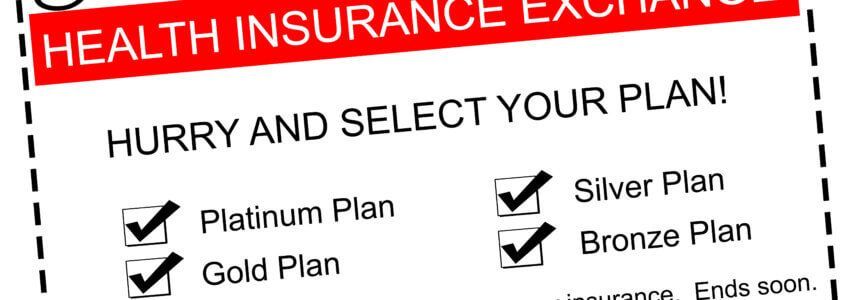
A health insurance exchange is a digital marketplace that allows people to browse and compare a variety of affordable healthcare insurance options before buying, all in one place. Having broad, cost-effective healthcare is vital for individuals and families, as it’s the most reliable way to avoid suffering the potentially devastating financial consequences of excessive medical debt.
Established under the Affordable Care Act (ACA) as a way to make healthcare more accessible, health insurance exchange sites are designed to help people compare and choose their ideal insurance plan that suits their needs. Minnesota operates its own healthcare exchange – MNSure. Users can evaluate different health insurance policy coverage, premiums, deductibles, out-of-pocket costs and provider networks side-by-side and find their preferred plan.
Features of MNSure
MNSure is more than a platform where you can shop around for flexible healthcare plans – it also provides Minnesota residents with an avenue to apply for different types of financial aid to help cover the cost of premiums and out-of-pocket expenses, all in one application. Qualifying users can apply for state-run health insurance programs that cater to residents who don’t make enough to afford the standard plans. For example, Medical Assistance is a no-cost insurance program for low-income applicants, while MinnesotaCare offers the same benefits for slightly higher-earning individuals.
You can also apply for cost-sharing reductions, which limit the amount you have to pay on deductibles and copayments when you visit the doctor or have to go to the hospital.
For long-term deductions, you can also apply for tax credits to reduce the amount you pay on monthly premiums. Your eligibility will be based on your income and family size in comparison to MNSure’s benchmark insurance plans. These tax credits are intended to lower the percentage of household income that individuals and families are expected to contribute towards health insurance premiums, with the tax credit covering the rest of the cost.
At the end of the tax year, however, those who are eligible for advanced premium tax credits must reconcile the amount they received with the actual amount they were eligible for based on their final income for the year.
Residents typically can only enroll in MNSure during the open enrollment period, but special enrollment periods may be available due to life events such as marriage, childbirth or if you suddenly lose your previous health coverage.
What Are Your Rights Under the Affordable Care Act?
Aside from creating digital healthcare marketplaces, the Affordable Care Act has also made it illegal for an insurance provider to deny coverage to individuals with pre-existing conditions , nor can they charge them higher premiums or impose annual or lifetime dollar limits on essential health benefits. As a result, users don’t have to worry about possible restrictions or a time limit on life-saving coverage.
The Affordable Care Act has also ensured that Minnesotans have the right to appeal decisions made by their health insurance company, such as denials of coverage or claims. That said, disputes pertaining to benefits and whether certain claims or treatments should be covered still arise for policyholders. If you need qualified legal representation to help you pursue a bad faith claim against your insurance provider or assist in disputes with healthcare providers, the team at the Minnesota Lawyer Referral and Information Service will connect you to an experienced private practice attorney who has experience advocating for individuals in situations like yours.
Find Aggressive and Attentive Legal Assistance Easily in Minnesota
At Minnesota Lawyer Referral and Information Service (MNLRIS), we have a widespread network of reputable private practice attorneys who boast exceptional credentials and experience with state and federal healthcare laws. Our referral counselors will schedule appointments with a competent legal advisor for you.
Feel free to call us at (612) 752-6699 to learn more about how we can assist.




